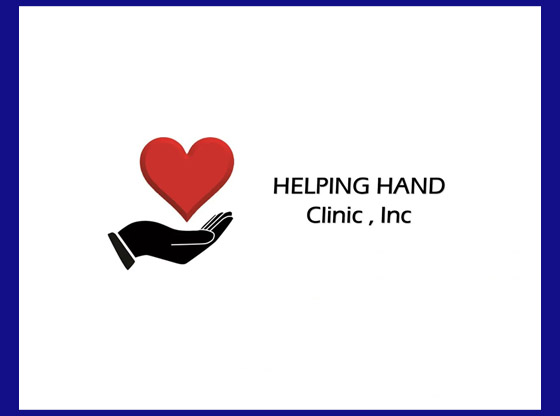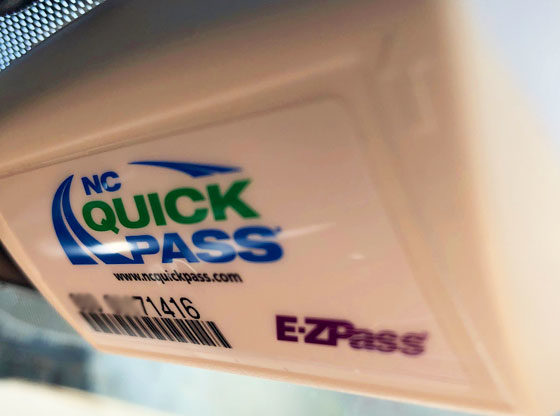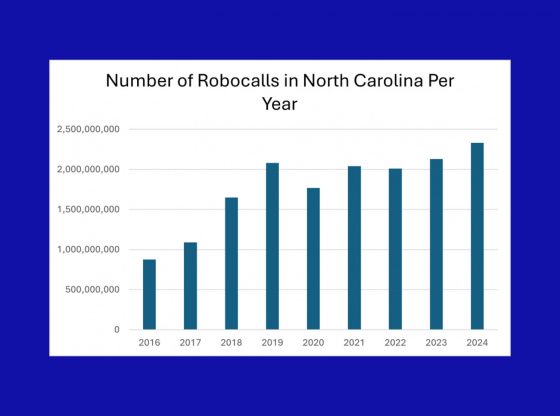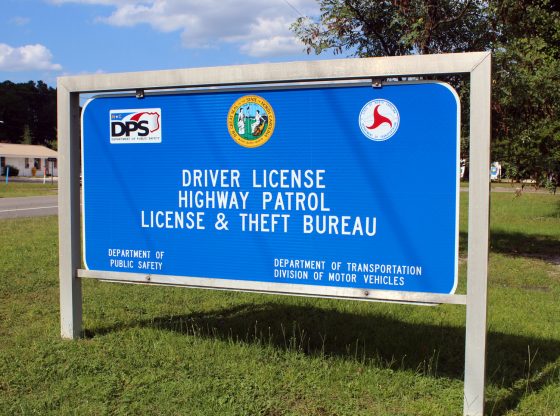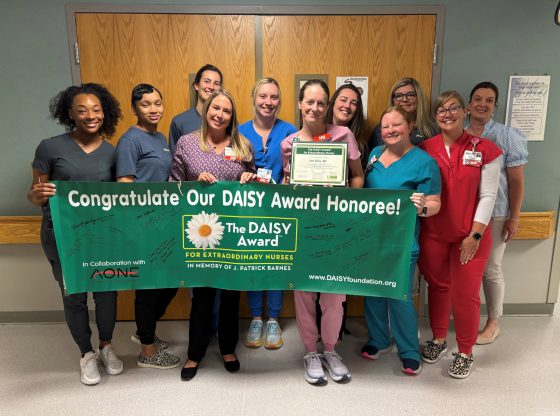Governor Roy Cooper announced Monday that North Carolina is strengthening its fight against the opioid epidemic by expanding the number of pharmacies participating in the Controlled Substance Reporting System. North Carolina is also activating a digital gateway to provide pharmacists and prescribers one-click access to patient information and data to identify those at risk for prescription drug addiction, overdose and death.
“The opioid crisis is one of the most urgent challenges North Carolina faces,” Governor Cooper said. “Helping health care professionals identify patients at risk is an important step forward in fighting this epidemic that is ravaging lives and communities across the state.”
The addition of more than 1,200 pharmacies further increases the effectiveness of the state’s fight against the drug abuse epidemic.
CVS Pharmacies recently integrated 367 stores to the North Carolina Controlled Substance Reporting System, joining pharmacies for Walmart (229), Kroger (125), Kmart (14), Costco (8) and Harris Teeter (8). Walgreen stores are expected to complete integration of its 474 North Carolina pharmacies into the system by the end of December.
“We are committed to doing everything possible to address North Carolina’s opioid epidemic,” said Mandy Cohen, M.D., Secretary of the N.C. Department of Health and Human Services. “I encourage prescribers and pharmacies to take advantage of these tools, which can save lives by identifying patients in need of treatment.”
In addition, starting today, hospitals, medical practices and pharmacies across the state can request a connection through the NC Department of Health and Human Services or the NC Board of Pharmacy. This will enable them to get instant access to the Controlled Substance Reporting System through their electronic medical record. For more information, click here.
The integration allows prescribers and pharmacies to view this information in a single click that opens the reporting system, as well as a tool called NarxCare, which analyzes and presents data such as risk scores for patients, via Appriss Health’s PMP Gateway. Appriss Health has contracted with DHHS to provide the technology.
The CSRS gateway eliminates the need for manual log-ins via web portals and then entering a search with patient name and demographics. The instant access will help healthcare providers and pharmacists to quickly evaluate the needs of their patients.
A web-based service, the gateway performs automated, multi-state queries to integrate patient controlled substance prescription history within the Electronic Health Record and Pharmacy Management System. NarxCare provides analytics and clinical resources for risk assessment and patient support.
The gateway is among North Carolina’s key approaches in the fight against the opioid epidemic. The NC Opioid Action Plan, launched in June 2017, lays out seven key strategies to combat the opioid epidemic: reducing the overprescribing of opioids; reducing the flow of illicit drugs and diversion; increasing community awareness and prevention; increasing access to naloxone; and expanding treatment and recovery-oriented systems of care.
More details on the Opioid Action Plan and other steps being taken to turn the tide of opioid addiction in North Carolina – including grants, syringe and naloxone access, treatment, and resources for involvement – are available at www.ncdhhs.gov/opioid-epidemic.
Contributed.





